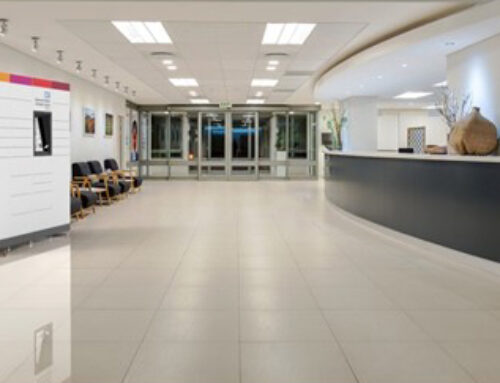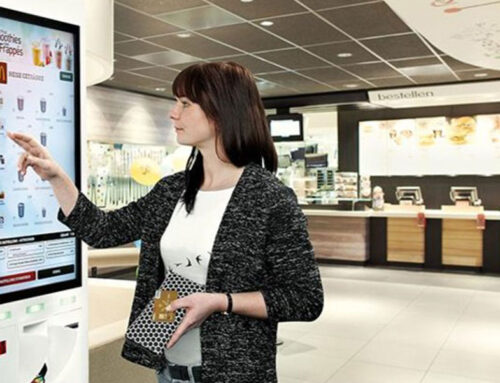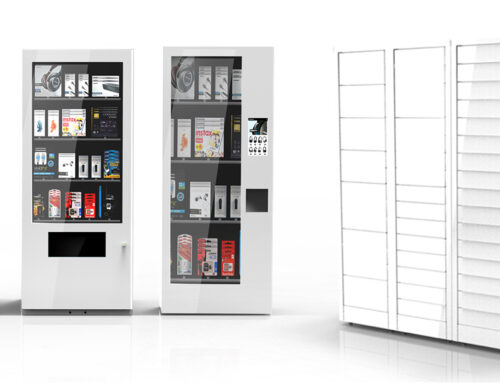The ‘new normal’ is an overused phrase, but it symbolises a move to a different approach across many sectors. What elements of the pandemic response will be kept, and should we aim to return to a pre-covid world. Is this desirable? Flexibility and speed are not words usually associated with the NHS but Covid has demonstrated a willingness to adapt and operate differently. Throw in a developing desire for the population to self-serve and the starting point for the new normal could be very different. Over 20 million downloads of the NHS Covid App suggests a healthy demand for people to self-manage. It is obvious the NHS will change the way it operates, and current financial resources will force change. This needn’t be a problem if best practice from other sectors can be used to improve service. If Amazon can offer a two-hour delivery slot and keep you informed of the progress of your delivery, why can’t the same process and rigour be applied to vaccine delivery. If click and collect can work in retail to improve the flexibility for customers, why can’t it be adapted to a health setting. If asset management can be implemented in the distribution sector to reduce waste and improve efficiencies, why can’t it be used for items such as crutches, wheelchairs etc. As with every change programme, the best results come from a large number of small steps, focusing on the end benefit and getting technology to do the hard work rather than be a driver. Meditec uses tried and trusted technology to help patients operate self-service solutions to improve patient journeys.




